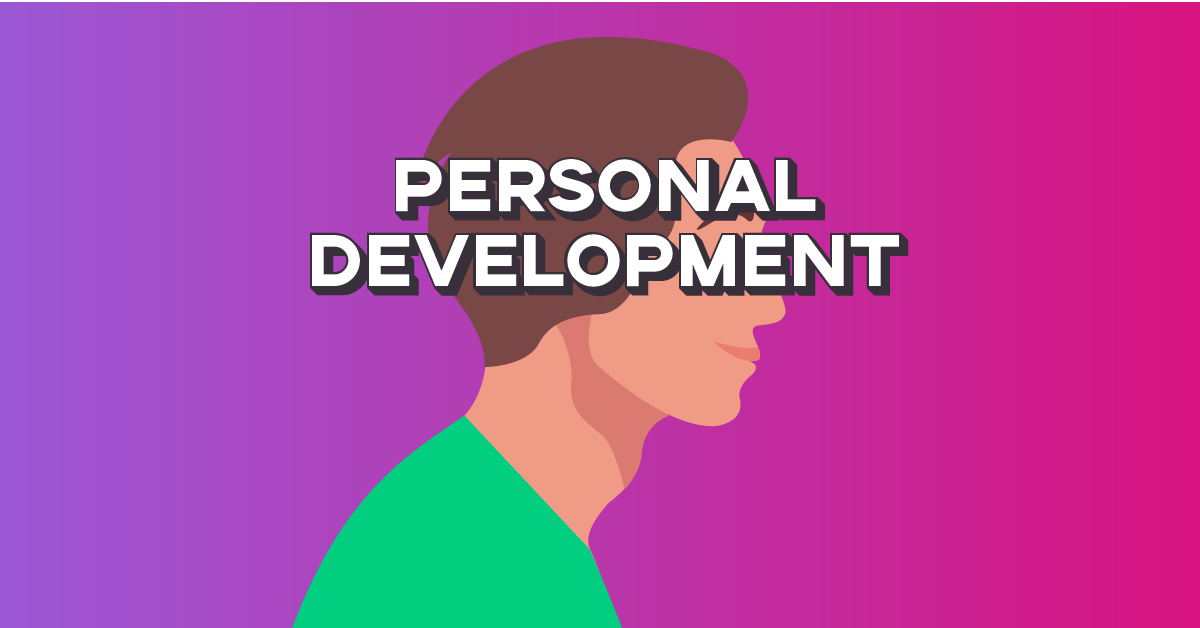Unlike other living beings, man has a dual nature. On the one hand, his behavior is influenced by the features of anatomy, physiology, and psyche. On the other hand, he obeys the laws of society. If in the first case we are talking about the formation of a person as an individual, then in the second case the development of personality takes place. What is the difference between these processes? What is a personality? Why is it formed in society? What are the stages in its development? Are there many levels of personality development? What mechanisms trigger this process? Let’s consider this topic.

What is Personal Development?
Personal development is an element of the general formation of a person, associated with his consciousness and self-consciousness. It concerns the sphere of socialization, since outside of society a person lives according to the laws of the animal world. Personality is formed by interacting with other people. In private, without cultural contact and exchange of information, this process is not possible. To avoid confusion, we present the following related concepts:
- Man is a representative of the biological species Homo sapiens;
- An individual (individual) is a single organism capable of independent existence;
- Personality is a subject of socio-cultural life, endowed with reason, morality, and spiritual qualities.
Accordingly, personal development determines those aspects of life that alienate us from animal nature and endow us with socially significant qualities. This concept should not be confused with personal development, which covers all possible areas, including physical fitness, intelligence level or emotionality. Personal development is connected with self-identification. It is not opposed to other types of cultivation, justifying the saying “a healthy mind in a healthy body.”
By the way, the levels of personality development partly repeat its needs, displayed in Maslow’s Pyramid. The initial stage is the satisfaction of the functions necessary for life, gradually rising to the level of spirituality and self-awareness.
Levels of personality development.
Many classifications of the structure of personal development have been invented. On average, seven main levels are distinguished, which are proposed by Russian sociologists Dmitry Nevirko and Valentin Nemirovsky. According to their theory, people combine the following successive levels of becoming:
- Survival is the preservation of physical integrity;
- Reproduction – reproduction and material consumption;
- Management – the ability to be responsible for oneself and others;
- Feelings – knowledge of love, mercy, goodwill;
- Excellence – the desire for expertise and creativity;
- Wisdom – improvement of intellect and spirituality;
- Enlightenment is a connection with the spiritual principle, a feeling of happiness and harmony.
Any person should ideally pass each of these levels. At the same time, the process of personality development is associated with life lessons. If someone jumps over the “step”, then he will have to catch up. A person “stuck” at one of the levels simply has not yet learned his lesson, or perhaps he simply has not received it yet. Either he is going through another lesson, or he is not yet ready for a new one. One of the first motives for personal development is self-affirmation, which is later replaced by concern for others. It is this transition from egocentrism to empathy (sympathy) that is one of the most difficult and responsible stages of improvement. We will discuss this process in more detail in the next section.

Stages of personality development.
Most go through the same natural stages of formation. They are due to physiological and mental characteristics. Each age has its own challenges and life lessons.
A complete description of these processes includes the theory of personal development, formulated by the American psychologist Eric Erickson, and includes a description of normal and undesirable variants of events. According to this doctrine, the following fundamental postulates can be distinguished:
- The stages of personality development are identical for everyone;
- Perfection does not stop from birth to death;
- Personal development is closely related to life stages;
- Transitions between different stages are associated with personality crises;
- During a crisis, a person’s self-identification weakens;
- There is no guarantee in the successful passage of each of the stages;
- Society is not an antagonist for a person in his improvement.
